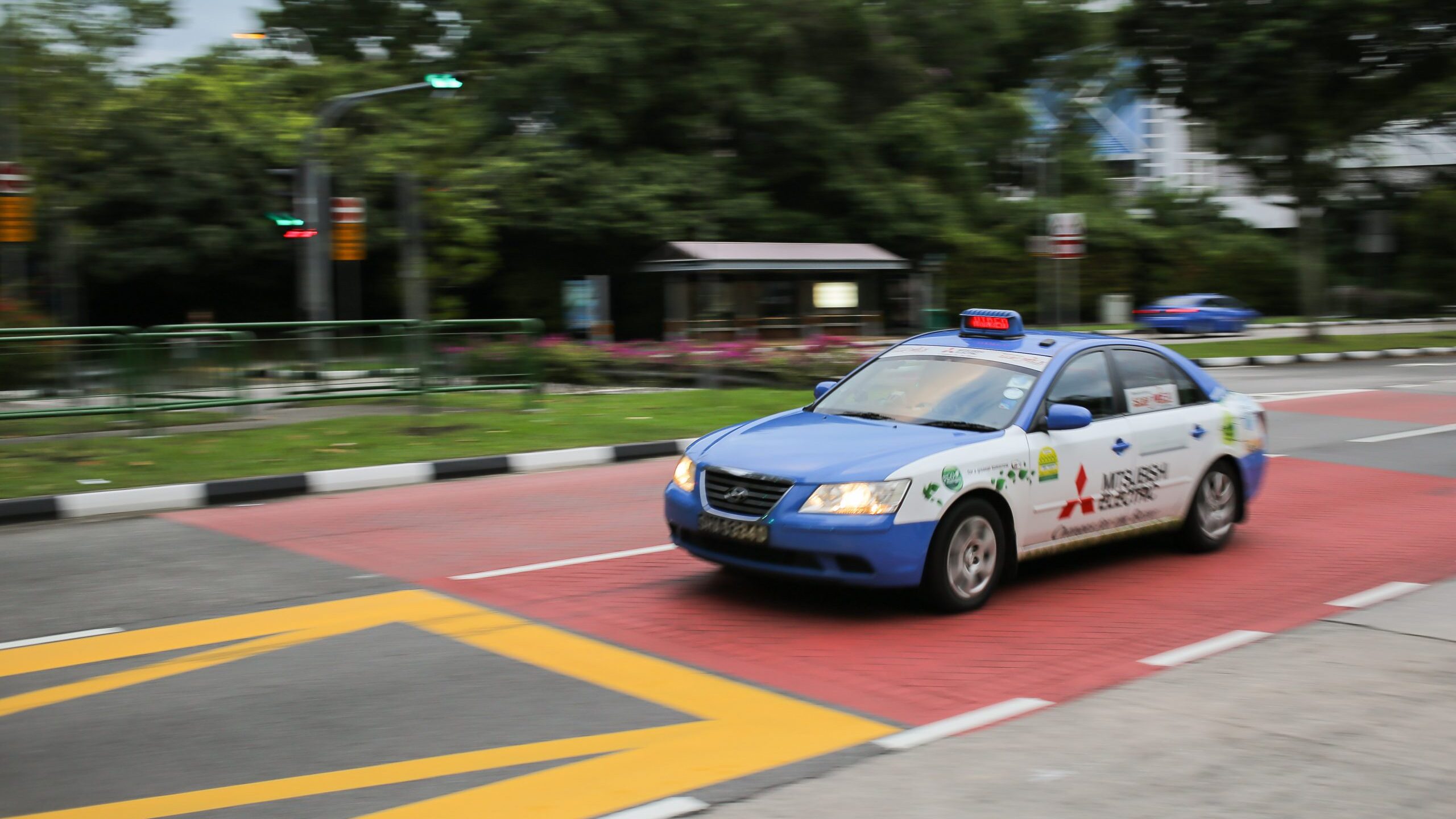Making Live through the Gig: The Case of Comfort Taxis in Singapore
March 25, 2024
International Taxi Driver Day is commemorated on 22 March annually, celebrating the life and contributions of taxi drivers everywhere. While many in Singapore choose to use ride-share services nowadays, taxis remain a ubiquitous feature of Singapore, from the blue Comfort Taxis to the more luxurious Limousine Taxis. Between 1970 and 1993, taxi company Comfort aimed to develop the profession of taxi driving in Singapore.
This development marked the start of gig work in Singapore, a new form of employment that primarily targeted working-class family men. Through taxi driving, Comfort sought to provide these men new ways to earn a livelihood. In ‘Making Live through the Gig: The Case of Comfort Taxis in Singapore’ (Journal of the Cultural Studies Association, 2023), Assistant Professor Renyi Hong (NUS Communications and New Media) and Mr Zachary Mun Wei Chan explore how gig employment grew and expanded, based on the patriarchal, nationalist, and familial values that these jobs tended to draw on, while discussing how Comfort exploited these values to develop the industry in Singapore.
The researchers consider how taxi drivers have been displaced by the newer image of private hire drivers, such as those who are employed by services like Grab and Uber. Through this comparison, taxi drivers are distinguished by several identity markers – hard-working, working-class, middle-aged, family men. The researchers discussed how companies like Comfort approached such men with the promise of ‘making live’ – being able to support themselves and their families on their own terms. However, this was not without compromises, as taxi drivers had no bargaining power and were often left to fend for themselves with little protections from the company.
The researchers argue that while Comfort’s model might have been flawed, it has left a significant impact on Singapore’s current gig economy. While Singapore’s government is currently making improvements to provide more protection and schemes for gig workers, the researchers suggest that more consideration must be given to the developing the gig economy and that important lessons can be drawn from historical analyses like this one.
Read the article here.

